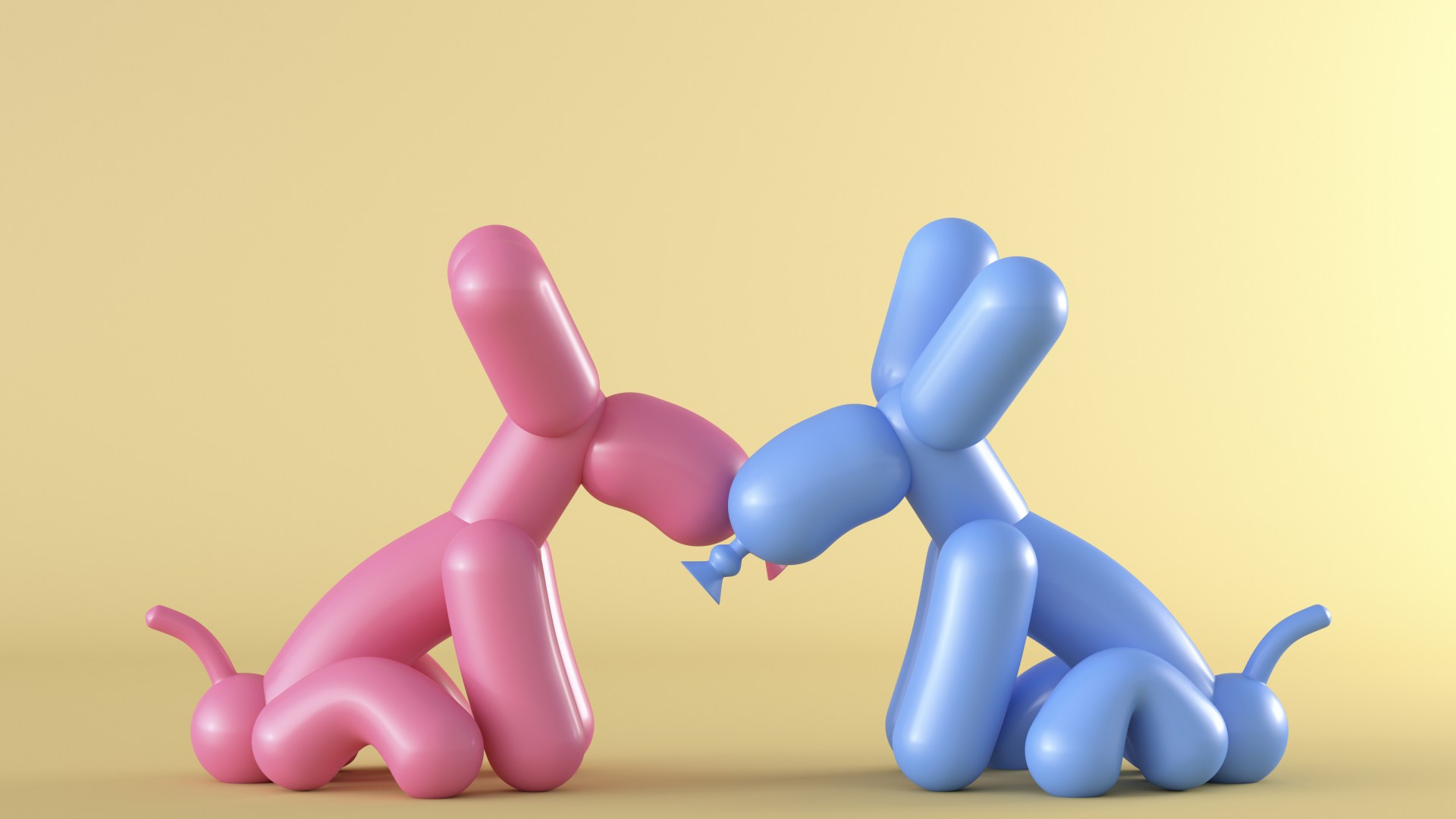Health
Explore Emophilia: Recognizing Patterns and Breaking Cycles

Many individuals experience strong feelings of attraction early in a relationship, but for some, this tendency can lead to unhealthy patterns known as emophilia. Defined as the tendency to fall in love quickly and intensely, emophilia can have detrimental effects on mental health and relationships. According to relationship expert and psychotherapist Sarah Louise Ryan, this pattern can result in individuals overlooking important red flags and becoming trapped in toxic relationships.
When someone with emophilia goes on a first date, they may feel an overwhelming sense of connection, often mistaking this rush of emotions for true love. “This phase of romantic love is really the rose-tinted glasses phase,” explains Ryan. The initial thrill is not just about the person, but also about the feelings that arise from new experiences. As relationships deepen, however, the initial excitement tends to fade, which can cause distress for those who crave that initial spark.
Individuals with emophilia may find themselves darting from relationship to relationship, seeking the emotional high of infatuation rather than fostering genuine connections. Ryan notes that while the early stages of love can be exhilarating, they can also lead to a cycle of disappointment. “When that spark fades, that is when the real relationship begins,” she adds, emphasizing the importance of building a deeper connection rather than relying solely on the initial rush.
Understanding Emophilia and Its Implications
The impact of emophilia can be profound. People who exhibit this trait often neglect to examine their partner’s long-term goals or personal values, which can lead them into challenging situations. Ryan cautions that falling for partners who exhibit manipulative behavior can be particularly harmful. Such individuals may engage in “love bombing,” showering their new partner with excessive affection to create an illusion of love. This dynamic may prevent emophiliacs from recognizing warning signs, making it difficult for them to heed advice from friends and family.
Researchers have yet to pinpoint the exact causes of emophilia, but several theories suggest that chemical imbalances in the brain could play a role. Low levels of serotonin, which are linked to mood regulation, may contribute to impulsive romantic behaviors. Additionally, oxytocin, often referred to as the love hormone, can create feelings of trust and attachment, further complicating emotional responses in relationships.
People with Attention Deficit Hyperactivity Disorder (ADHD) may also be more susceptible to falling in love rapidly, as impulsivity is a common symptom of the disorder. Nonetheless, some individuals may simply find excitement in the chaos of love, enjoying the thrill of new connections while feeling bored by stability.
Strategies for Breaking the Emophilia Cycle
While overcoming the urge to chase the excitement of new romantic connections can be challenging, it is possible to change these patterns. Ryan suggests that individuals reflect on whether this approach is truly beneficial for them. If the answer is no, she offers several practical strategies to consider.
1. **Go Cold Turkey**: Taking a break from dating can help individuals focus on self-discovery. By identifying personal strengths and qualities, one can build confidence before re-entering the dating scene.
2. **Spot the Red Flags**: Recognizing universal red flags in relationships, such as a lack of respect or control, is crucial. Individuals should also pay attention to their own deal-breakers, ensuring they ask the right questions to uncover potential issues.
3. **Reflect on Past Patterns**: Self-awareness is key. By examining previous relationships and identifying what went wrong, individuals can develop a clearer understanding of their emotional needs and make more informed choices in the future.
4. **Listen to Trusted Friends**: Friends and family can provide valuable insights that might be overlooked when someone is infatuated. Taking feedback seriously can help individuals see potential problems in new relationships.
5. **Consult a Therapist**: Professional guidance can be beneficial for those struggling with emophilia. Therapists can assist individuals in finding internal validation, enabling healthier connections with themselves and others.
While the pursuit of love can often feel exhilarating, recognizing and addressing the patterns associated with emophilia is vital for establishing lasting connections. By taking proactive steps, individuals can break free from destructive cycles and foster healthier relationships.
-

 Top Stories3 months ago
Top Stories3 months agoTributes Surge for 9-Year-Old Leon Briody After Cancer Battle
-

 Entertainment4 months ago
Entertainment4 months agoAimee Osbourne Joins Family for Emotional Tribute to Ozzy
-

 Politics4 months ago
Politics4 months agoDanny Healy-Rae Considers Complaint After Altercation with Garda
-

 Top Stories4 months ago
Top Stories4 months agoIreland Enjoys Summer Heat as Hurricane Erin Approaches Atlantic
-

 World5 months ago
World5 months agoHawaii Commemorates 80 Years Since Hiroshima Bombing with Ceremony
-

 Top Stories3 months ago
Top Stories3 months agoNewcastle West Woman Patricia Foley Found Safe After Urgent Search
-

 Top Stories5 months ago
Top Stories5 months agoFianna Fáil TDs Urgently Consider Maire Geoghegan-Quinn for Presidency
-

 World5 months ago
World5 months agoCouple Convicted of Murdering Two-Year-Old Grandson in Wales
-

 World5 months ago
World5 months agoGaza Aid Distribution Tragedy: 20 Killed Amid Ongoing Violence
-

 World5 months ago
World5 months agoAristocrat Constance Marten and Partner Convicted of Infant Murder
-

 Top Stories4 months ago
Top Stories4 months agoClimbing Errigal: A Must-Do Summer Adventure in Donegal
-

 Top Stories4 months ago
Top Stories4 months agoHike Donegal’s Errigal Mountain NOW for Unforgettable Summer Views









